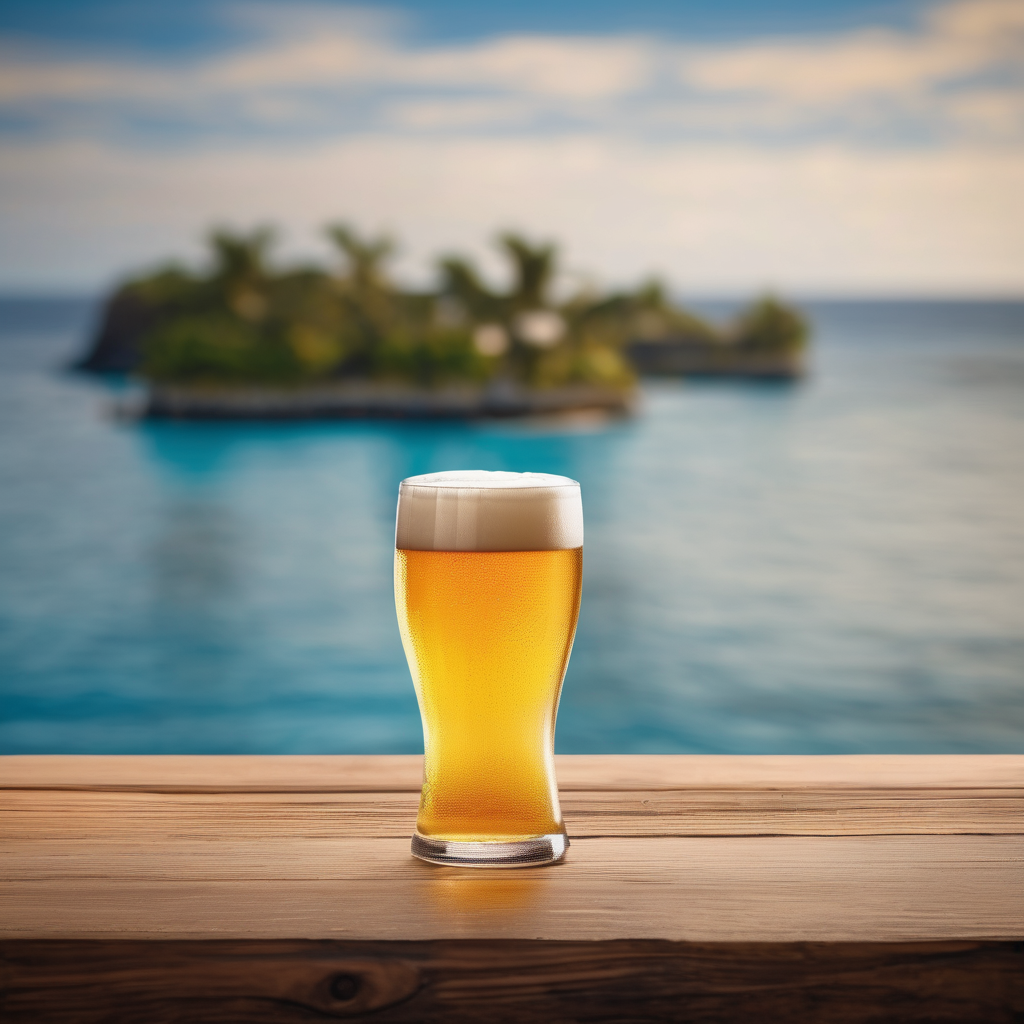Fiji is ramping up its efforts to combat rising alcohol consumption, aligning its initiatives with the World Health Organization’s Global Alcohol Action Plan for 2022-2030. Notably, the country’s national alcohol consumption increased from 3.18 liters per capita in 2017 to 3.45 liters in 2020, triggering concerns about the potential impacts on public health and safety.
Dr. Jemesa Tudravu, the Permanent Secretary for Health, highlighted the importance of robust enforcement of SAFER interventions. These strategies are designed to mitigate alcohol marketing targeted at youth, regulate excessive availability of alcohol through unmonitored channels, and rectify inadequate pricing policies that fail to align with public health objectives. He stated, “There is also a need for improvements in screening, brief intervention, and treatment within primary health care settings, as well as in comprehensive monitoring and surveillance.”
The initiatives underway include stricter licensing regulations in urban areas as per the Liquor Act, evaluating informal alcohol supply chains, and collaborating with law enforcement to execute drink-driving prevention operations. Additionally, alcohol awareness has been integrated into school health curricula, with various sectors, including education and law enforcement, working together to effectively address the issue.
Dr. Tudravu reaffirmed that Fiji’s commitment to minimizing alcohol-related harm aligns with regional strategies aimed at mitigating health risks and promoting community well-being.
This renewed approach dovetails with broader health efforts in Fiji as the nation also deals with a marked increase in the use of other substances, including drugs. The partnership among community leaders and different sectors is deemed crucial in establishing a strong support system to deter youth substance abuse.
Collectively, these initiatives exude optimism for a healthier future in Fiji. By emphasizing family support, education, and comprehensive regulatory frameworks, the country aims to cultivate safer environments for children and future generations. Continued commitment to health promotion and substance abuse prevention fosters hope in navigating upcoming challenges while paving the way for a brighter future for all Fijians.
